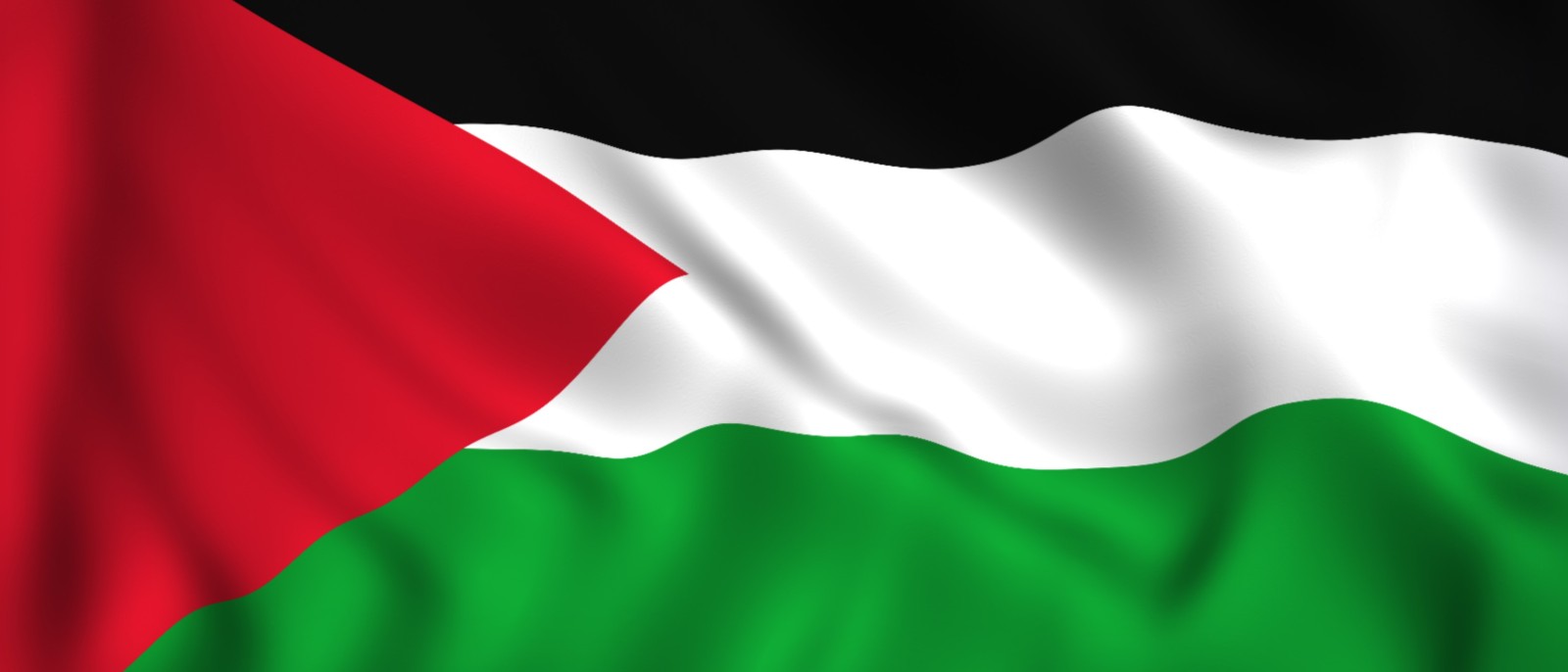Consumer Boycott occurs where organisations or individuals choose to purchase or contract services with alternative companies to those who are on the consumer boycott list. The companies on the list are identified by the international BDS movement. We strongly recommend sticking to the official list of companies. Members and employers can be encouraged in a variety of ways to boycott such organisations by not buying their products and crucially, by not contracting for services.
Consumer Boycott Targets
- Sabra Hummus
- Sodastream
- Hewlett-Packard
- Siemens
- Ahava Cosmetics
- Carrefour Markets
- Re/Max
- Illegal settlements’ produce
|
Hewlett Packard currently provides all of the hardware and software for the Israeli Defence Force thus supporting its military attacks in Gaza and Lebanon. A current motion submitted to a local council, with the support of the local trades council reads: “With the Hewlett - Packard’s contract entering its final possible extension with the Scottish Government we should be looking at options, therefore Council agrees to explore alternative procurement options/platforms open to the Council when we purchase our IT hardware/software. HP currently provide all the hardware/software for the Israeli Defence Force in Palestine, where to date 40,000 Palestinians have been killed by the IDF. Officers should report back to the Council on the feasibility of this move with any potential costs/savings included.” |
Illegal Settlements Produce
The International Court of Justice has an established position that “Israeli settlements in the Occupied Palestinian Territory, including East Jerusalem, are illegal and an obstacle to peace and to economic and social development [... and] have been established in breach of international law.”
The website of the Foreign and Commonwealth Office states that “The government has been clear that settlements in East Jerusalem and the West Bank are illegal.” Thus, the campaign of boycotting goods from Israeli settlements is based on the illegality of the settlements. By ending economic support for the settlements, the aim is to increase pressure upon the Israeli government to abide by international law, dismantle its settlements and end its occupation.
In October 2024, the UK Government announced “new sanctions targeting 3 illegal settler outposts and 4 organisations that have supported and sponsored violence against communities in the West Bank.” However, this action hardly scratches the surface. Settler violence against Palestinians in the West Bank, supported by the Israeli military, has escalated since October 2023.
A ruling at the European Court of Justice (ECJ) reaffirmed recommendations issued by the European Commission in 2015, which said that grocery produce could not be labelled as “Made in Israel” if it had been made outside Israel’s 1967 borders, in the occupied Palestinian territories.
|
Since 2009, The Co-operative Group has operated a Human Rights and Trade Policy, which sets out the exceptional circumstances under which we will withdraw trade from a state, area or settlement. One such circumstance is where there is a broad international consensus that the status of a designated region or state is illegal or of undetermined status. While there are many disputed territories throughout the world, there are currently only two examples of areas which are illegal or of undetermined status: the Israeli settlements in the Palestinian Occupied Territories and the Moroccan settlements in Western Sahara. In line with our Human Rights & Trade Policy, we do not source any produce or own-brand products from the Israeli settlements or from the Western Sahara. In April 2012, our Board determined that, going forward, we will additionally no longer engage with any supplier of produce known to be sourcing from the Israeli settlements. |
